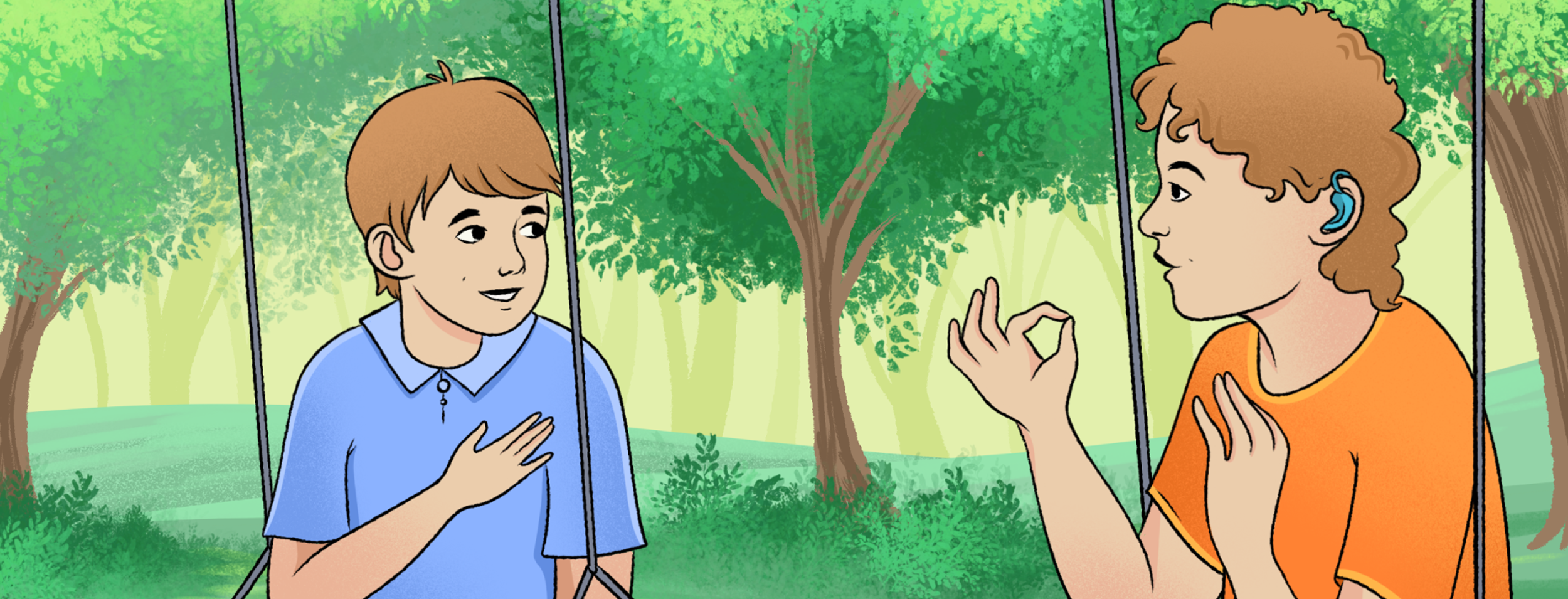Research Updates
This page provides information about research progress, as well as sharing findings and dissemination materials as they develop.
Project Newsletter
Regular newsletters update on all aspects of the project across fieldwork progress, findings development, and policy and practice engagement.
Publications
We are sharing our findings in multiple ways, as well as the newsletters, policy briefs and conference presentations, we are sharing the work in academic journals
Charlotte Pearson, Jane Cullingworth, Katie Salmon, Janice McLaughlin, Nick Watson, Tracy Shildrick and Amanda Bailey (2025) Policy Failure in the Lives of Young Disabled People: In Search of Good Transitions. Social Policy and Administration. Early View
Open Access: https://onlinelibrary.wiley.com/doi/epdf/10.1111/spol.13131
Fieldwork Progress
Updated 1st of May 2024
The project began on the 1st of January 2023, with fieldwork beginning in May of that year. As of the 10th of June 2024, we have completed the following:
Recruitment of disabled young people in the North East and Central Scotland to be our core participants is complete. We are working with 22 disabled young people in Central Scotland and 21 in the North East of England aged 16 to 29.
Here are some of the information materials we developed with input from our Voices of Lived Experience Network (VOLE)
PDF (screen reader compatible) versions of the Participation Information Sheets:
North East England - Participant Information
Glasgow - Participant Information
Easy Read versions of the particpant information:
North East England - Easy Read Participant Information
Glasgow - Easy Read Participant Information
Audio version of the information:
A qualitative interview, built around a set of themes the participants choose to speak about, has been carried out with all of them. The themes were designed with input from our Voices of Lived Experience (VOLE) network and Project Advisory Group.
We are now working with the participants to produce a range of creative materials to reflect their ideas. What they do is very much up to them. Some are writing short stories, others poems, posters, music lyrics, drawings and photographs.
After the disabled young participants have been part of the project for a year or up to 16 months we will undertake a final interview with them to reflect on their creative work and how their lives have changed.
The young participants have a range of impairments and needs that include physical impairments, neurodiversity, specific learning disabilities and mental health issues.
They live in city, town and rural contexts. They have grown up with different levels of financial stability and security, including some who have grown up experiencing significant poverty and difficult family and housing situations.
Some are still in education and training or are volunteering, others are actively seeking employment having left education.
Only a small minority are in employment and within that even a smaller number have employment that could be described as stable and secure and offering career possibilities.
We are also now recruiting and interviewing family members of disabled young people and people from a range of third sector and statutory providers who support disabled young people in both Central Scotland and the North East.
Analysis and Findings
Updated 1st of May 2024
Analysis is an ongoing process involving the full team, including the VOLE (Voices of Lived Experience) network and the Project Advisory Group. We have had 2 sessions with the VOLE already (one in the North East, one in Scotland) discussing extracts from the work with disabled young people. These have been extremely helpful.
While this work progresses there are some clear patterns we are identifying and will examine further. These emerging findings are also influencing the focus on the interviews with family members and people from support and advocacy organisations.
An area we need to look at more closely are differences between our 2 locations. There are policy differences between them due to differences between how the Scottish and UK government approaches disability and youth transitions. But these differences do not necessarily lead to noticeable changes in the lived experiences of our participants. It is also important to stress we are looking at a broader picture than just the influence of policy on disabled young people’s lives.
-
Different services (particularly between healthcare and social services) work with different cut-off ages for the move to adult services. Delays frequently happen due to planning for the move starting too late. When making these transitions disabled young people frequently must restate impairment and needs, despite these remaining stable. Gaps in information provision, including in the benefits system, is regularly highlighted, with young people and their families struggling to find the information they need, at the right time, to support them through this period.
-
As mentioned above delays with gaining a diagnosis can create difficulties in gaining appropriate support, particularly in education. This is most acute in neurodiversity. Mental health provision is often not responding to the level of need we are seeing. However, for those who have received appropriate and consistent mental health provision, this has helped respond to some of the problems their adverse childhood experiences have created.
Since the pandemic being able to secure GP appointments and be supported by GPs is more of a challenge. The move from child to adult social care provision is marked by sudden changes in what is available, even though the needs of the young person have not necessarily changed. Personal Assistants can be really important in supporting the disabled young person and enabling them to participate in society. However, retaining and paying for this provision can be a significant problem.
-
Childhood is frequently marked by experiences of bullying, discrimination and abuse (including by peers, family members and/or professionals). This is resulting in significant mental health impacts into adulthood, thereby limiting future education, employment and other opportunities.
-
Despite a range of legal and policy requirements on education and training environments to be inclusive and provide for the needs of their students or trainees we are seeing many examples of a lack of understanding and accommodation of young people’s needs (in day-to-day school life, or exams). Institutions often wait for formal diagnosis to provide dedicated support, rather than base it on need. Waiting lists for getting a diagnosis, as well as waiting lists and challenges obtaining Education, Health and Social Care Plans (EHCPs) in England and Coordinated Support Plans (CSPs) in Scotland mean that disabled young people are being left with little provision or recognition of their needs. Those with a diagnosis and without are often perceived by staff as being ‘naughty’ and this can lead to damaging disciplinary measures. This appears particularly prevalent for neurodivergent young people.
We have consistently heard concerns from some disabled young people that they feel ‘singled out’ in mainstream education; that the emphasis on core curriculum and results does not support them to maximise their strengths. While some of our participants have reported better experiences in special schools (England and Scotland) or adapted learning environments (Scotland) in terms of feeling safer and their needs being provided for, this is at the cost of much less emphasis on academic curriculum and being removed from their local community.
For those who attend college programmes, they often acknowledge there is greater support for their needs, but not always meaningful opportunities for them to develop skills or prepare for employment.
-
Disabled young participants are being offered support into employment opportunities and some have found these helpful and have gained employment through them. However, other experiences have been less positive, with problems such as what is being offered being inflexible, or standardised. Sometimes disabled young people are met with low expectations of what they can do or learn, with little being done to make reasonable adjustments to their needs. Recruitment processes are often a barrier, with little done to enable the young person to show what they are capable of, or to help them understand why they have not been selected for interview or the role. In voluntary work, placements and employment disabled young people have also experienced tokenism, feeling that they are ‘making up the numbers’.
-
Transport is vital to participating in society and to exercising some level of independence but is often inadequate. There are long waiting times for the Motability scheme, public transport costs can be too expensive (though notably in Scotland, young people under 22 receive a free bus pass as do many disabled people and the government funded £2 bus ticket scheme is available in the North East till the end of 2024). Travel training supports navigating the public transport system independently, but this is not always available till college. Limited timetables and cuts to bus routes and frequency create problems. These restrictions make many activities difficult, including requirements to travel to Department of Work and Pensions-related appointments. These issues are particularly felt by disabled young people living in rural areas.
-
Our participants are facing significant barriers to living their lives and thinking about who they want to be in the future. Nevertheless, they are frequently contributing to society and making plans. They find community and friendship in support groups and disabled people’s organisations and seek to ‘pay this back’ by volunteering and working in this area. They also find friendship and community in connections they make with others, for example LGBTQ+ spaces and gaming and animation communities.
The work we are doing on analysing the data is also feeding into ongoing Policy and Practice Engagement


